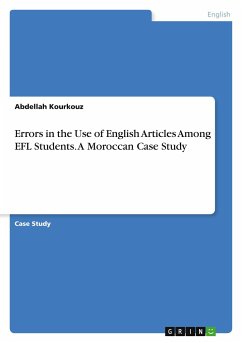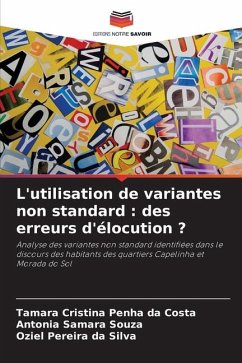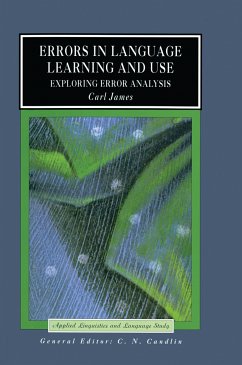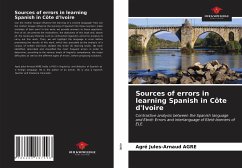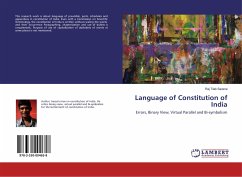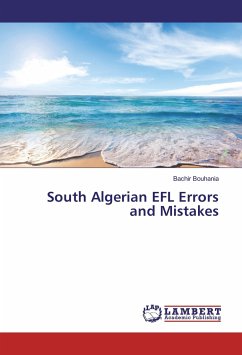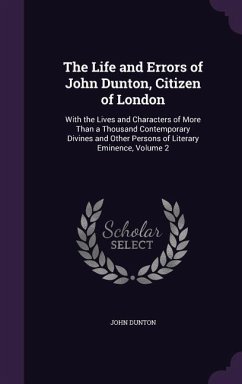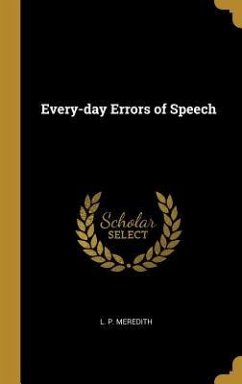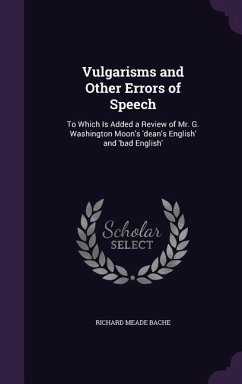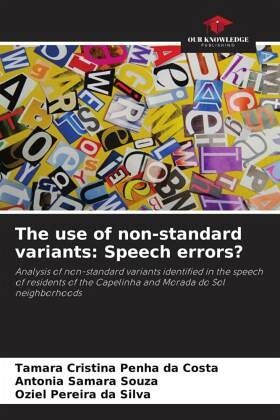
The use of non-standard variants: Speech errors?
Analysis of non-standard variants identified in the speech of residents of the Capelinha and Morada do Sol neighborhoods
Versandkostenfrei!
Versandfertig in 6-10 Tagen
24,99 €
inkl. MwSt.

PAYBACK Punkte
12 °P sammeln!
The aim of this study was to analyze the use of non-standard variants of the Portuguese language by people aged 60 and over in two neighborhoods in the municipality of Conceição do Araguaia-PA, in order to understand the possible factors involved in the process of linguistic change. Elderly people were chosen because, as a rule, they are more resistant to change. When it comes to language, for example, they may not easily accept the incorporation of new words into their lexicon. The results obtained in this research were satisfactory, as they made it possible to understand the factors respon...
The aim of this study was to analyze the use of non-standard variants of the Portuguese language by people aged 60 and over in two neighborhoods in the municipality of Conceição do Araguaia-PA, in order to understand the possible factors involved in the process of linguistic change. Elderly people were chosen because, as a rule, they are more resistant to change. When it comes to language, for example, they may not easily accept the incorporation of new words into their lexicon. The results obtained in this research were satisfactory, as they made it possible to understand the factors responsible for the variants identified.



